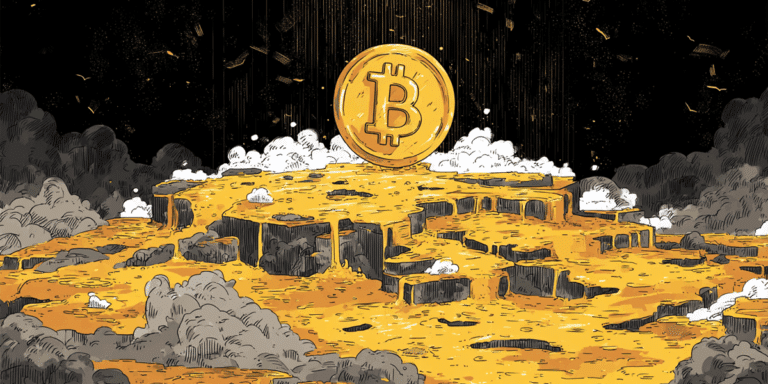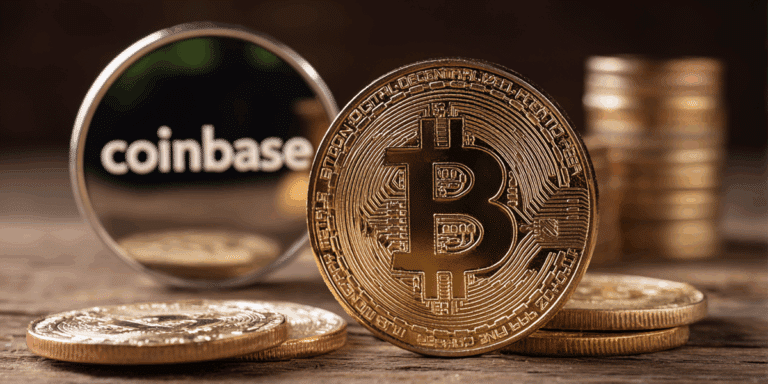Treasury Urged by US Lawmakers to Assess Feasibility of Strategic Bitcoin Reserve
Key Takeaways:
- US lawmakers want the Treasury to clarify the operational, security, and accounting framework for a potential Bitcoin Reserve.
- The initiative faces scrutiny over Bitcoin's price volatility and cybersecurity risks.
- The resulting framework could model how states and nations design crypto reserves.
On September 5, U.S. lawmakers introduced a House appropriations bill that directs the Treasury Department to formally evaluate the feasibility of a Strategic Bitcoin Reserve.
This legislative proposal mandates a study on the practicality of the reserves and requires the Treasury to provide a clear plan on how the government would securely manage Bitcoin assets.
Sections 137 and 138 Set the Stage for US Treasury Action
The bill, introduced by Representative David Joyce (R-OH), is formally known as the H.R.5166 – Financial Services and General Government Appropriations Act, 2026.
Two sections in particular set out the roadmap.
Section 137 explicitly directs the Treasury to examine the “practicability of establishing a Strategic Bitcoin Reserve and United States Digital Asset Stockpile.”
This entails a study of how such a reserve could function, the impact it might have on the Treasury Forfeiture Fund, and the legal authorities required to transfer forfeited digital assets into federal custody.
Section 138 takes this directive further. It requires the Treasury to deliver, within 90 days, a comprehensive plan for managing any federally held digital assets.
Consequently, this plan must address custody architecture, legal authorities, cybersecurity protocols, and interagency procedures.
This means mapping out how assets like Bitcoin would be stored, protected from cyber threats, legally defined, and coordinated across different branches of government.
These provisions build on President Donald Trump’s March executive order, which laid the preliminary groundwork for a national reserve. The proposed reserve will be initially funded with Bitcoin already in the possession of the federal government, typically seized through criminal or civil forfeiture cases.
Unlike typical forfeited assets, however, this crypto assets would not be sold. Instead, it would be held in long-term storage as a strategic national asset, similar to how the government treats gold.
Despite this plan, the method of future acquisition remains a sensitive and unresolved issue. Last month, Treasury Secretary Scott Bessent outlined the administration's intentions to pursue budget-neutral strategies to acquire more Bitcoin, so long as taxpayers face no new costs.
Still, the budget-neutral strategy idea lacks clear implementation paths. This is why US lawmakers specifically report for clarity rather than a collection of untested promises.
Bitcoin Reserve Clarity Could Expand to State & Global Level Amid Critics
The push for a Bitcoin reserve originates from a campaign promise by Donald Trump designed to position the United States as a global leader in cryptocurrency.
Since then, the idea has gained political support, but also drawn criticism. Former Treasury Secretary Lawrence Summers has been among the most prominent critics.
He argued that while the US built a national oil reserve and stored gold in Fort Knox for clear economic reasons, Bitcoin does not offer the same logic. In his words, accumulating Bitcoin as a sterile inventory has no justification beyond catering to political donors.
Other critics highlight practical dangers, warning that Bitcoin’s extreme volatility and the persistent threat of cyberattacks, especially from foreign-based actors, could expose government holdings to huge losses.
These concerns directly explain why US lawmakers have insisted on detailed reports through Sections 137 and 138. Only then, advocates say, can the reserve serve as a model for state-level and even global adoption.
Some states are already testing the waters. Earlier this year, New Hampshire and Arizona passed unique strategic Bitcoin reserve bills.
The idea is spreading abroad as well. Last month, the Philippines’ Congress considered a proposal to build a reserve of 10,000 Bitcoin. If passed, it would make the country the first in Southeast Asia to treat Bitcoin as a strategic national asset.



